Everything you need to know about ISO 45001
What is ISO 45001?
ISO 45001 is the first internationally recognised standard for occupational health and safety management systems. An occupational health and safety management system provides a framework for organisations to manage risk and provide a safe workplace for employees.
It is structured around a set of 10 ‘clauses’, designed to be applicable to all organisations, regardless of size or industry.
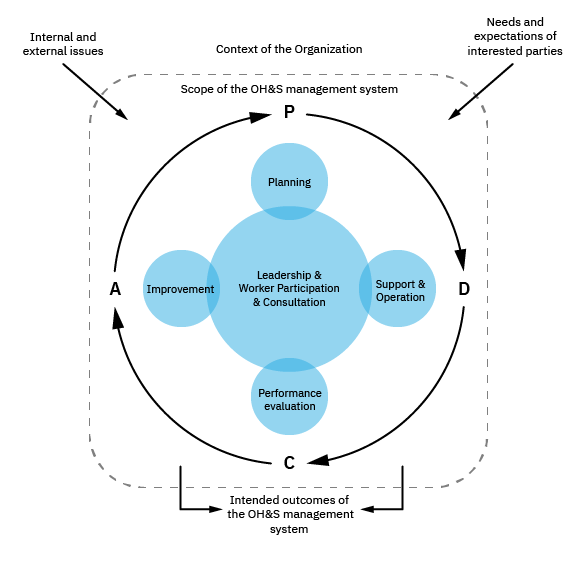
Relationship between PDCA and the ISO 45001 framework, as described by the International Standards Organisation.
ISO 45001 was first published in 2018, after years of consultations and reviews with expert bodies. It replaces past standards such as OHSAS 18001, which was retired in 2021. The standard was most recently reviewed in 2022 and is on its 1st edition.
As a member of the ISO (International Standards Organisation) family, ISO 45001’s structure aligns with other well know standards such as ISO 9001 (quality management systems) and ISO 14001 (environment management systems).
Since being published in 2018, ISO 45001 has been joined by:
- ISO 45002 (focused on implementing the standard in small to medium sized organisations)
- ISO 45003 (focused on psychosocial risk)
ISO 45001 certification is fast becoming a requirement for many service providers, with clients becoming more concerned with social responsibility in work practices.
While the standard itself is not mandatory, achieving it is an indication that your organisation places a high priority on workplace safety.
This guide will give you a detailed understanding of the theory behind the standard, what potential benefits it can bring, and the best way to position your organisation to achieve it.
Read on!
What do you need to know about ISO 45001?
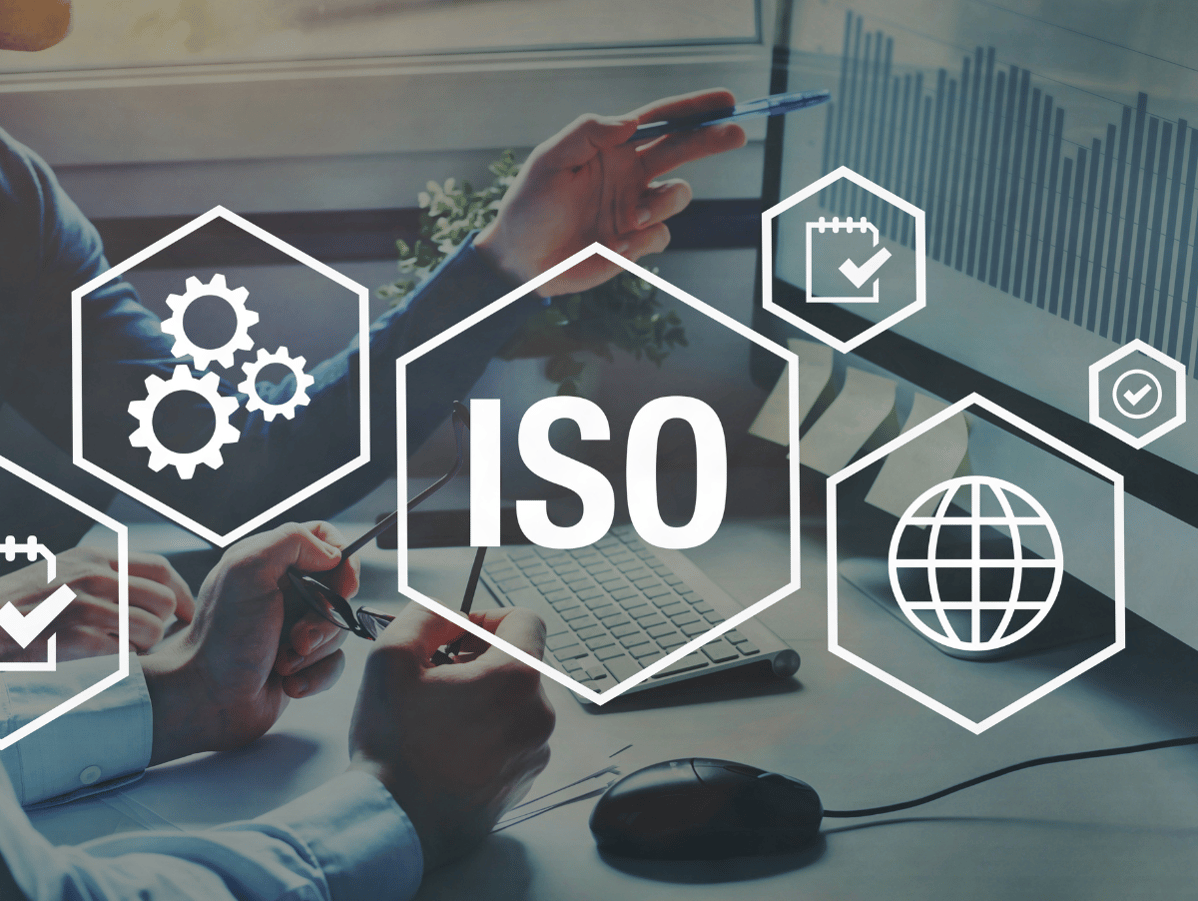
After our quick look at the bare bones of ISO 45001, it’s time to go more in-depth.
When it was first introduced, ISO 45001 represented a significant departure from its predecessors (such as the popular OHSAS 18001) in several ways:
- ISO 45001 takes a risk-based approach to safety management, as opposed to hazard control.
- It is notable for placing a much greater emphasis on leadership and employee participation.
- It follows the structure of other ISO systems, making implementation easier.
Want to learn about the standard in more detail, including the breakdown of the above key concepts? Read our blog post on exactly everything you need to know about ISO 45001.
Explore the benefits of ISO 45001

Now that we know a bit more about the what and the why of ISO 45001, let’s look at some of its potential benefits.
One of the most important claimed benefits of ISO 45001 is that (if implemented correctly) it will help in minimising occupational risk to employees. Ideally this will lead to a reduction in injuries and illnesses through improved safety performance.
However, there are other less obvious benefits to glean from gaining certification, including improved compliance and reputation. But how is this achieved?
If you want to learn more about what your organisation can gain from certification, read this blog post on the top 3 benefits of ISO 45001.
The 10 clauses of ISO 45001

As mentioned above, ISO 45001 is structured around 10 ‘clauses’, 7 of these based on the familiar Plan-Do-Check-Act cycle. They are:
- Clause 1: Scope
- Clause 2: References
- Clause 3: Terms and definitions
- Clause 4: Context of the organisation
- Clause 5: Leadership and worker participation
- Clause 6: Planning
- Clause 7: Support
- Clause 8: Operation
- Clause 9: Performance evaluation
- Clause 10: Improvement
Clauses 1 – 3 are mostly concerned with background information, and clauses 6 – 10 are what get most of the attention.
For more in-depth information, check out this comprehensive breakdown of these clauses, including all their sub-sections.
Keep scrolling... we have created a video deep-dive video into one of the most important clauses - Clause 5: Leadership and worker participation.
How well do you know ISO 45001?
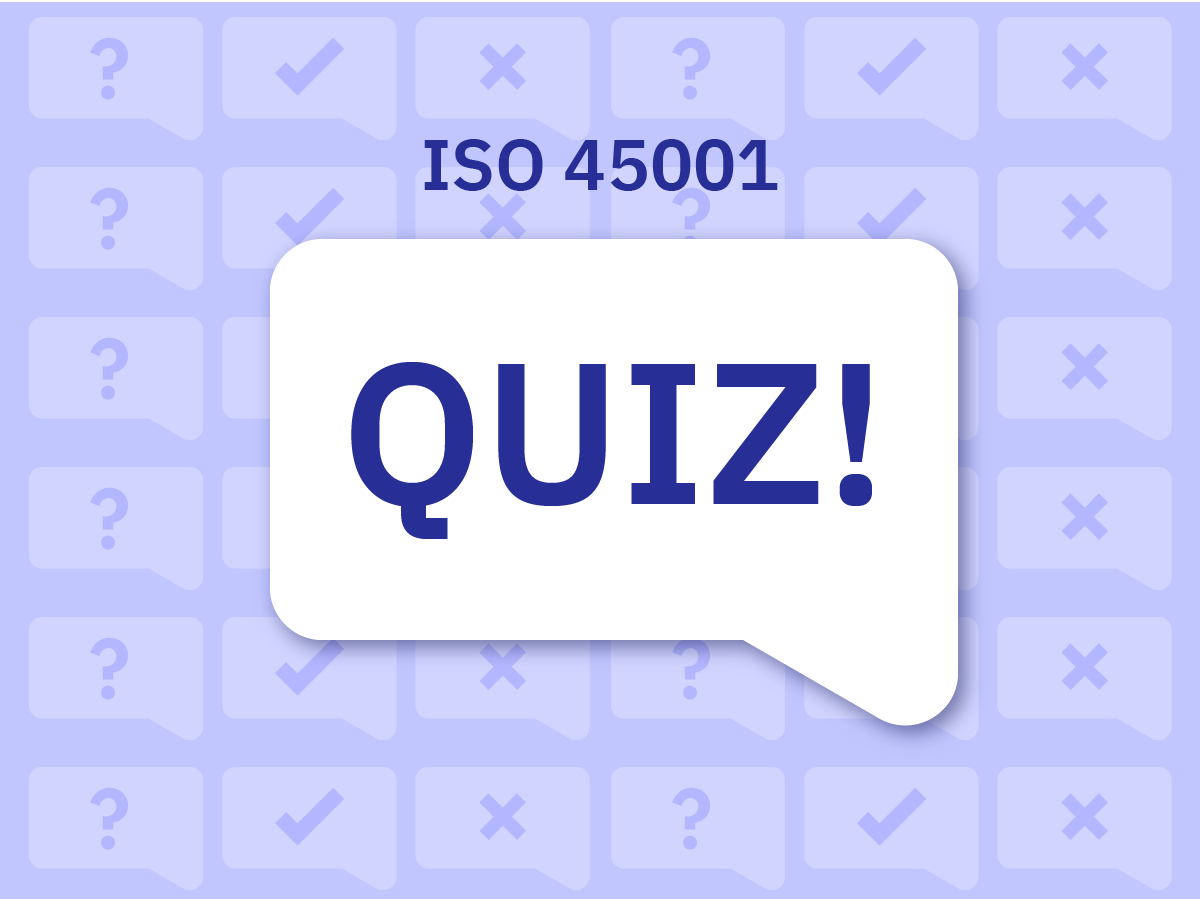
- Exactly how many clauses does ISO 45001 have?
- What are the other ISO standards that it aligns with? (no looking!).
Prove your knowledge with our quick interactive quiz:
How to become ISO 45001 certified

We now have a good grounding in the theory behind ISO 45001, as well as some of the benefits that businesses can expect from certification. So, what are your next steps?
Firstly, you will need a detailed gap analysis to understand just how your current system for managing health and safety compares with the requirements of ISO 45001.
This just one of EcoOnline’s 8 steps, check out the rest when you read how to become ISO 45001 certified.
Requirements of ISO 45001
Want to get an understanding of all ISO 45001 requirements at a glance?
We have created this handy infographic to help you gain a clear overview of just what you need to have for a successful certification bid.
Access the infographic 👇
Understanding the positive impact of ISO 45001

Since it was first published in 2018, ISO 45001 certification has been awarded to nearly 300,000 organisations worldwide.
The impact of ISO 45001 on a global and organisational level is becoming more and more obvious. Far from only affecting the health and safety function of your business, the certification process touches on all aspects of business operations – with wide reaching benefits.
Of course, ISO 45001 certification is not (and was not intended to be) a magic wand. But it can give your organisation the tools to manage health and safety to the highest global standard.
This was the subject of our webinar – ‘Understanding the positive impact of ISO 45001’, with HSEQ Manager Adel Lawson. For all the key takeaways, check out Understanding the positive impact of ISO 45001.
Your ISO 45001 Audit checklist

Are you thinking about starting the certification process, but don’t know where to begin?
It can be a challenge finding your way through reams of text to get a clear picture of the scope of your certification project.
EcoOnline have taken the work out of the process for you and created a handy ISO 45001 checklist. The checklist breaks down the most important clauses into clear, actionable steps for you to follow.
ISO 45001 – Benefits and Pitfalls of Certification
Thinking of pursuing ISO 45001 certification, but need a better understanding of the challenges that you might encounter?
This whitepaper, written in partnership with safety specialists who have gone through the certification process, you will:
- Learn the most common drivers for ISO certification
- Discover the major pitfalls that must be overcome
- Gain best practice advice on maximising your chance of ISO 45001 success
ISO 45001: Making sure your Digital EHS platform aligns

Are you using a digital software solution to manage health and safety rather than relying on paper? If so, you’re already starting your certification journey with an advantage.
However, your EHS platform will have to align in several key areas to achieve and maintain ISO 45001. We have identified 4 functionalities that your software solution needs to provide to support your organisation.
Want to learn more? Read the blog post here.
How software can help you to achieve ISO 45001 certification

On the other hand, if you’re still managing your health and safety processes on paper or excel, then it might time to make a switch.
The documentation requirement of ISO 45001 can lead to just that – an excess of paperwork. It's difficult to find the records and evidence your need, especially if they are spread over multiple sites.
Moving to a software solution can make the certification journey much more streamlined, and crucially can give you better oversight of risk in your organisation.
Need convincing? Read this blog post with our 5 ways EHS software can accelerate the certification process.
Create an occupational health and safety management system that lasts
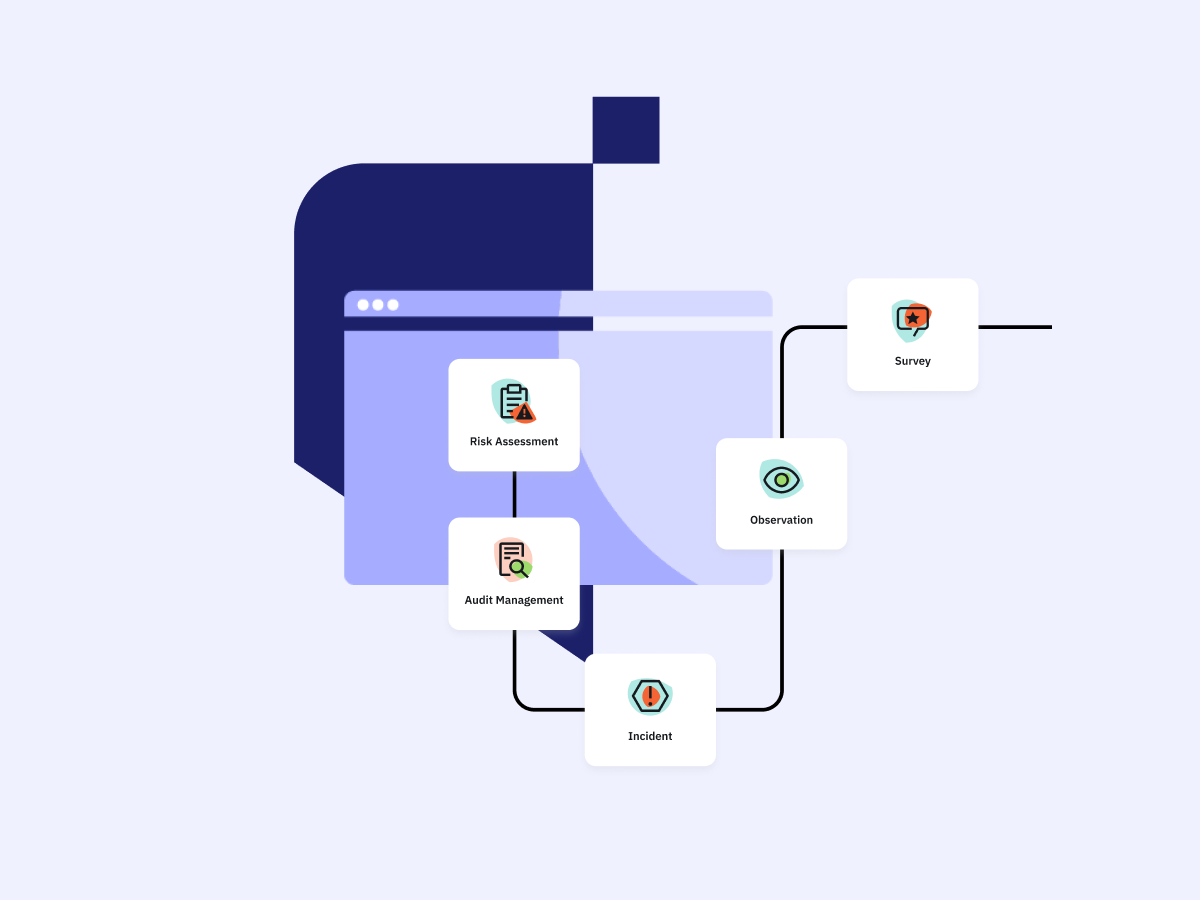
EcoOnline’s ISO 45001 software gives you the tools to achieve and maintain certification and provide a safer working environment for employees.
Our software lets you accurately assess risk, demonstrate employee participation and show commitment to continuous improvement – all key
elements of ISO 45001. Click the link to get more information.
Explore ISO 45001 Software Solutions
Discover how United Living used EcoOnline’s Solutions to achieve ISO 45001certification
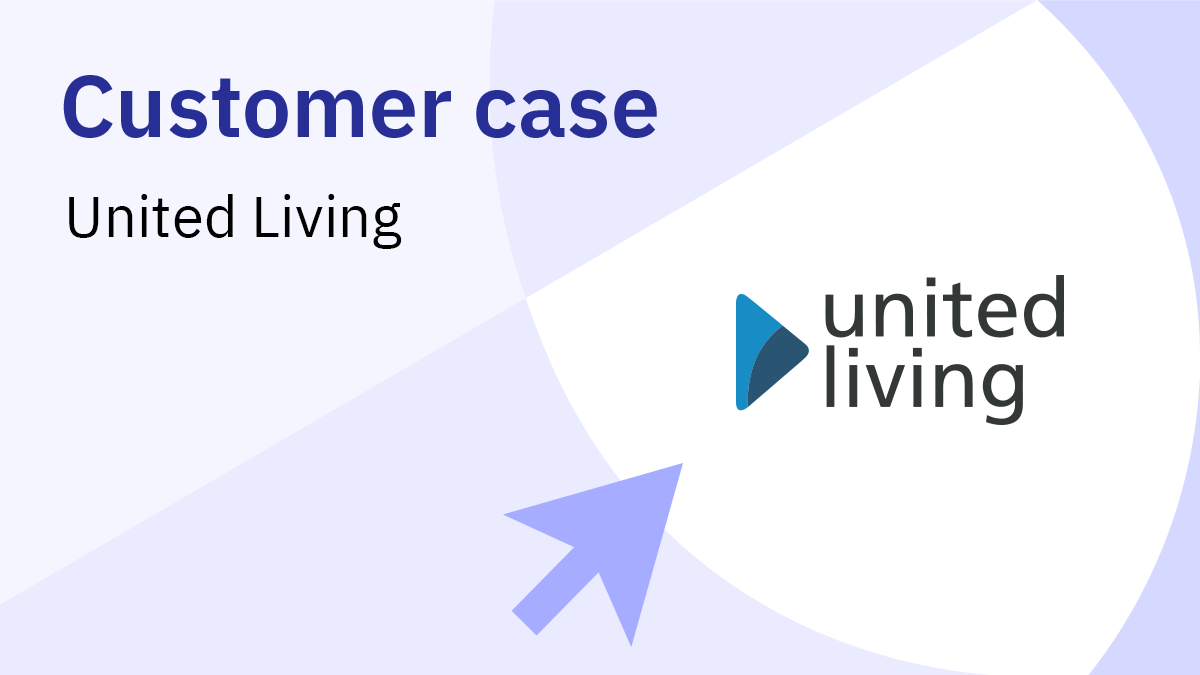
United Living Group is a well-known organisation providing infrastructure, new homes and property services. Based throughout the UK, United Living have over 1000 employees spread across 13 locations. Management was eager to increase hazard and observation reporting among employees, with a view to taking a more proactive approach to safety.
EcoOnline were able to help in this shift in company culture with tools such as Quick Report, leading to gains including halving the groups rate of reportable accidents under RIDDOR.
See the whole story
Are you ready to begin your ISO 45001 journey?

But don’t want to deal with the limitations and frustrations of a paper-based safety
management system? Give your organisation the best chance for success
with a digital solution, where you can:
- centralise documentation,
- facilitate employee engagement and
- accurately assess risk
Have a chat with our software experts today!


